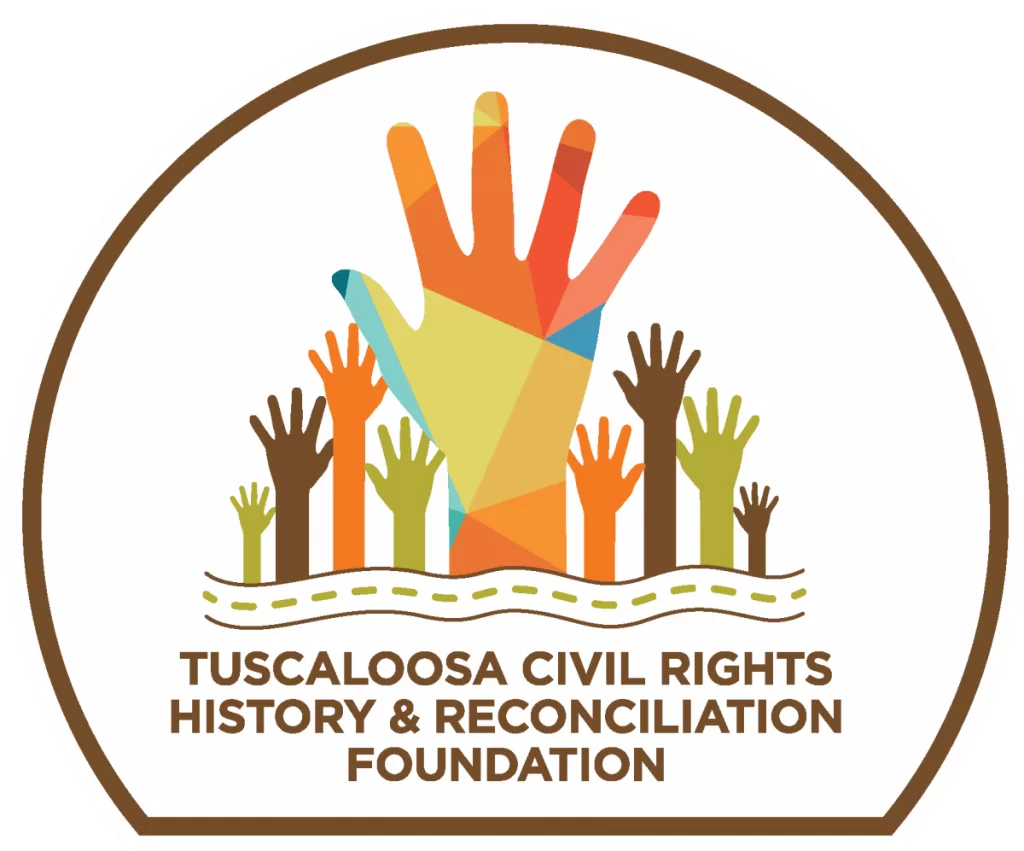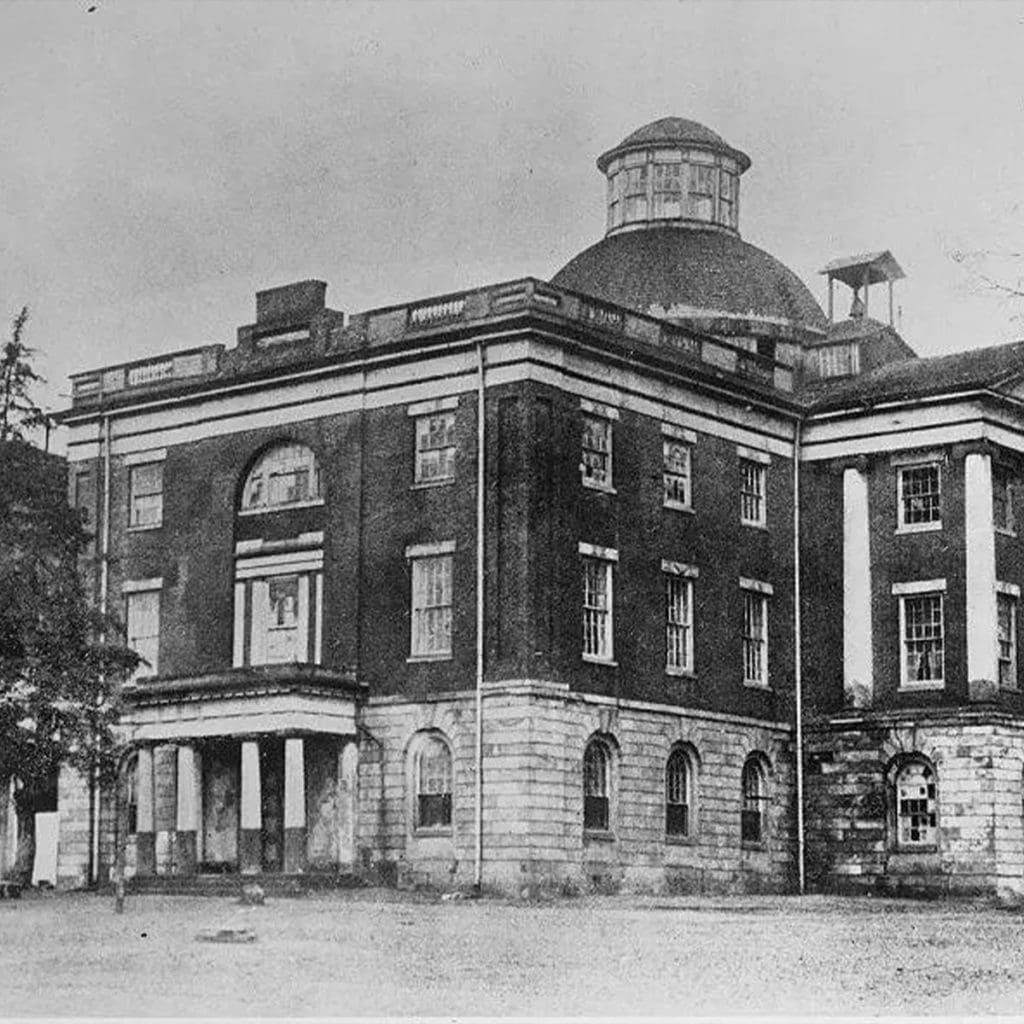Tuscaloosa was the seat of Alabama State government from 1826 to 1846 when the state legislature met in a building here in Capitol Park. In 1833, the legislature enacted slave codes to regulate the lives of enslaved people as well as free per sons of color. These codes, like those used widely in other southern states, reflected white views of blacks as undeserving of basic human rights and strictly regulated slave travel, education, employment, and marriage. They aimed at curbing the rising numbers of slaves running away from their masters, preventing slave rebellions, and maximizing profits for the slave owners.
After the Civil War and the emancipation of slaves, the prom- ise of racial equality was never fully realized. While the era of Reconstruction (1865-1878) brought unprecedented freedoms to blacks, including the right to vote and enjoy due process under the law, it was short lived.
A rash of new laws put in place by the state legislature in the late 1800s restricted the liberties of blacks in new ways. And what could not be accomplished by law was often accomplished through violence and terror. The Ku Klux Klan and similar groups began to use physical assault and lynching as a way to subjugate blacks, control their labor, and to prevent them from voting and moving freely. Blacks remained second-class citizens until the advent of the Civil Rights movement in the 1950s and the passage of Civil Rights laws in the 1960s.


